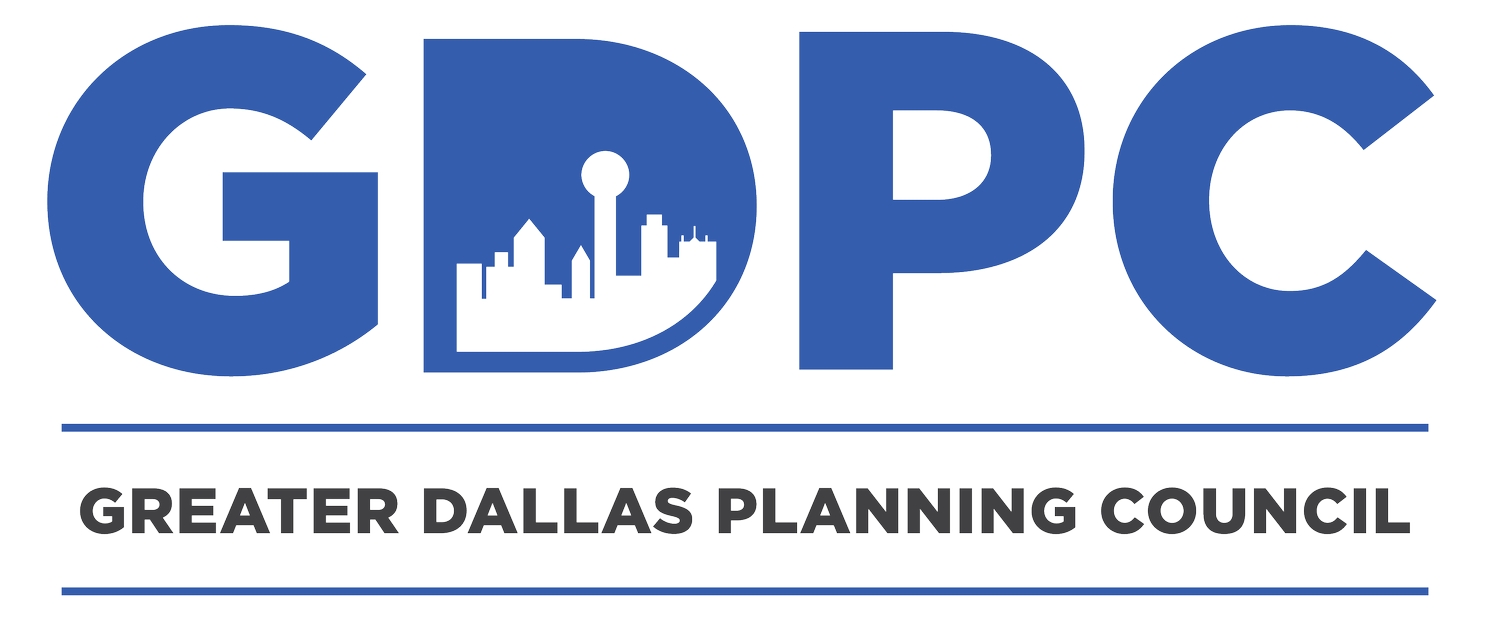501(c)(3) Organization
What Does It Mean to Be a 501(c)(3) Organization?
501(c)(3) status is granted by the Internal Revenue Service (IRS) to nonprofit organizations that meet its qualifications. To maintain this status, such organizations must operate for the public good and avoid activities that benefit private interests. They are prohibited from participating in political campaigns on behalf of candidates and must limit their lobbying activities. In return for adhering to these rules, 501(c)(3) organizations are not required to pay federal income tax on funds used for their exempt purposes.
Benefits to Contributors and Sponsors
One of the major advantages of supporting a 501(c)(3) organization is the ability to make tax-deductible donations. When individuals or corporations contribute funds, goods, or services to these organizations, those donations—if they meet IRS requirements—can be deducted from their taxable income for the year. This creates a tangible financial incentive for philanthropy and community support.
Tax-Deductible Contributions
For contributors, donations to a 501(c)(3) are generally considered "write-offs." This means that, subject to IRS limitations and documentation requirements, donors can reduce their taxable income by the value of their charitable gifts. The actual tax benefit may vary depending on factors such as the donor's income level, the type of donation (cash, goods, services), and the manner in which the donation is made. Corporate sponsors also benefit, as sponsorships and charitable gifts can often be deducted as business expenses or charitable contributions, provided they do not constitute payment for advertising or other substantial return benefits.
GDPC Events and Initiatives
All contributors and sponsors for GDPC related events and initiatives are considered eligible for tax benefits under 501(c)(3) regulations. Participation in GDPC’s activities by way of financial support, in-kind donations, or sponsorship is generally treated as a charitable contribution, making those expenses potential write-offs for both individuals and businesses.
This information is provided by GDPC for general informational purposes only and does not constitute tax, legal, or accounting advice. Please consult your own tax, legal, and accounting advisors before acting on any information presented here.
